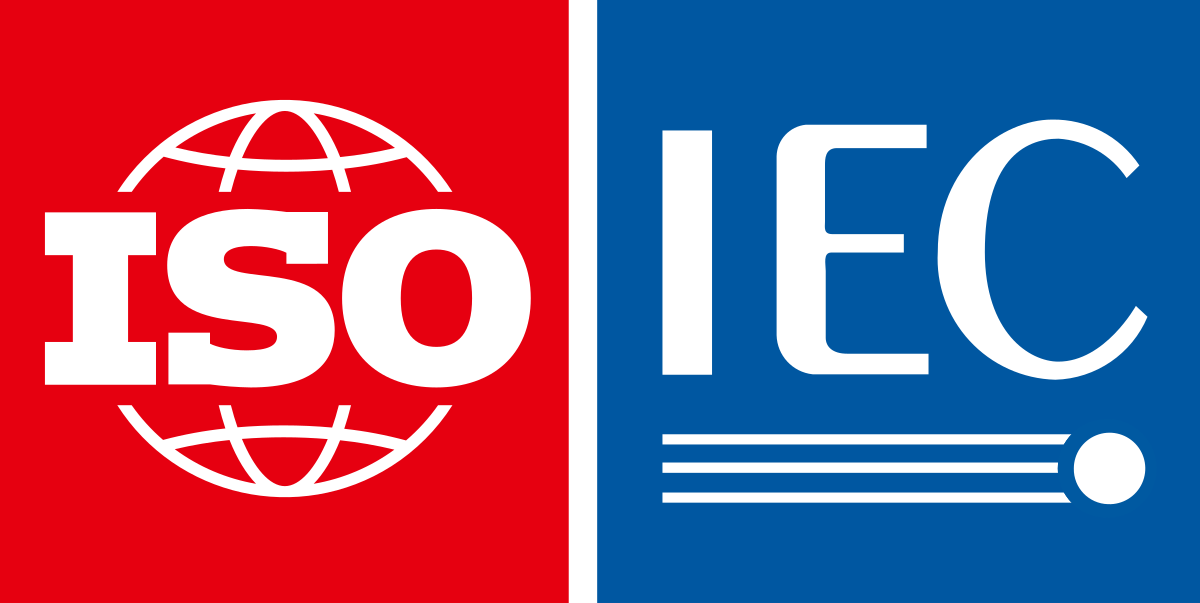Is ChatGPT Safe to Use in a Business Setting?
Understand the security considerations, best practices, and risk mitigation strategies for using ChatGPT in your organization.
The Business Case for ChatGPT
ChatGPT has rapidly become a valuable tool for businesses, helping with everything from content creation and customer service to code generation and data analysis. Its ability to understand context, generate human-like responses, and adapt to different tasks makes it appealing for a wide range of business applications.
However, with these benefits come legitimate questions about security, privacy, and appropriate usage in professional environments. The short answer is: Yes, ChatGPT can be safe to use in business settings, but it requires thoughtful implementation and clear guidelines.
Key Security and Privacy Considerations
Before implementing ChatGPT in your business, it's important to understand these key considerations:
Data Privacy
Information shared with ChatGPT may be stored and used for model training
Avoid sharing sensitive customer data, proprietary information, or trade secrets
Accuracy
ChatGPT can generate plausible-sounding but incorrect information
Verify important information from authoritative sources before acting on it
Compliance
Usage may conflict with industry regulations (GDPR, HIPAA, etc.)
Consult legal experts about compliance requirements for your specific industry
Intellectual Property
Unclear ownership of AI-generated content
Establish clear policies about how AI-generated content is used and attributed
Understanding OpenAI's Data Policies
OpenAI's data usage policies have evolved over time, and it's important to understand the current terms:
Standard ChatGPT (Free and Plus)
- By default, conversations may be used to improve OpenAI's models
- Users can opt out of having their data used for training in settings
- Even with opt-out, data is still stored for 30 days for abuse monitoring
- No guarantee of complete data privacy for sensitive information
ChatGPT Enterprise
- Designed specifically for business use with enhanced security features
- Data is not used to train models by default
- Includes SOC 2 compliance and enterprise-grade security
- Offers domain verification, SSO, and usage insights for administrators
Enterprise vs. Consumer Versions
ChatGPT Enterprise Offers:
- No data used to train models
- Admin console for user management
- Advanced security features
- Higher rate limits and longer context
When to Consider Enterprise:
- Handling sensitive business information
- Need for administrative controls
- Regulatory compliance requirements
- Organization-wide deployment
Best Practices for Safe Business Usage
To use ChatGPT safely in your business, implement these best practices:
Create a Clear Usage Policy
Establish guidelines for when and how employees can use ChatGPT
Implement Verification Protocols
Establish processes to verify AI-generated information
Consider Enterprise Solutions
Explore enterprise versions with enhanced security features
Train Employees
Educate staff on responsible AI usage
Industry-Specific Considerations
Different industries face unique challenges when using ChatGPT:
Healthcare
Healthcare organizations must be particularly cautious about HIPAA compliance. Never input patient information into standard ChatGPT. Consider specialized healthcare AI solutions with appropriate compliance certifications.
Financial Services
Financial institutions should avoid sharing customer financial data, account numbers, or transaction details. Be aware of regulations like GDPR, CCPA, and industry-specific requirements.
Legal
Law firms must maintain attorney-client privilege. Avoid sharing case details or client information. Remember that ChatGPT is not a substitute for legal research from authoritative sources.
Education
Educational institutions should consider student privacy laws like FERPA. Develop clear policies about how students and faculty can use AI tools appropriately.
Appropriate Business Use Cases
ChatGPT can be valuable for many business applications when used appropriately:
Content Creation and Editing
- Drafting marketing copy, blog posts, and social media content
- Generating outlines and ideas for longer content
- Editing and improving existing text
- Creating variations of messaging for A/B testing
Research and Analysis
- Summarizing long documents or research papers
- Generating questions for market research
- Analyzing trends and patterns in text data
- Brainstorming ideas and solutions
Customer Service
- Drafting responses to common customer inquiries
- Creating templates for support agents
- Generating FAQs based on common questions
- Training customer service representatives
Programming and Technical Tasks
- Generating code snippets and debugging assistance
- Creating documentation and technical explanations
- Converting between programming languages
- Optimizing existing code
Alternatives and Complementary Solutions
ChatGPT isn't the only option for business AI. Consider these alternatives:
- Specialized AI tools: Industry-specific AI solutions with appropriate security features
- On-premises AI: Self-hosted large language models for maximum data control
- Custom AI solutions: Tailored AI systems trained on your specific business data
- API-based integration: Using AI capabilities through secure API calls rather than web interfaces
The Bottom Line: Responsible AI Usage
ChatGPT can be safe and valuable in business settings when used responsibly. The key is to implement appropriate safeguards, establish clear policies, and ensure employees understand both the capabilities and limitations of the technology.
By treating ChatGPT as a tool that augments human capabilities rather than replaces human judgment, businesses can harness its power while minimizing risks. Remember that the output should always be reviewed by a human, especially for important business decisions or customer-facing content.
With thoughtful implementation and clear guidelines, ChatGPT can become a valuable addition to your business toolkit, enhancing productivity and enabling new capabilities while maintaining appropriate security and privacy standards.



